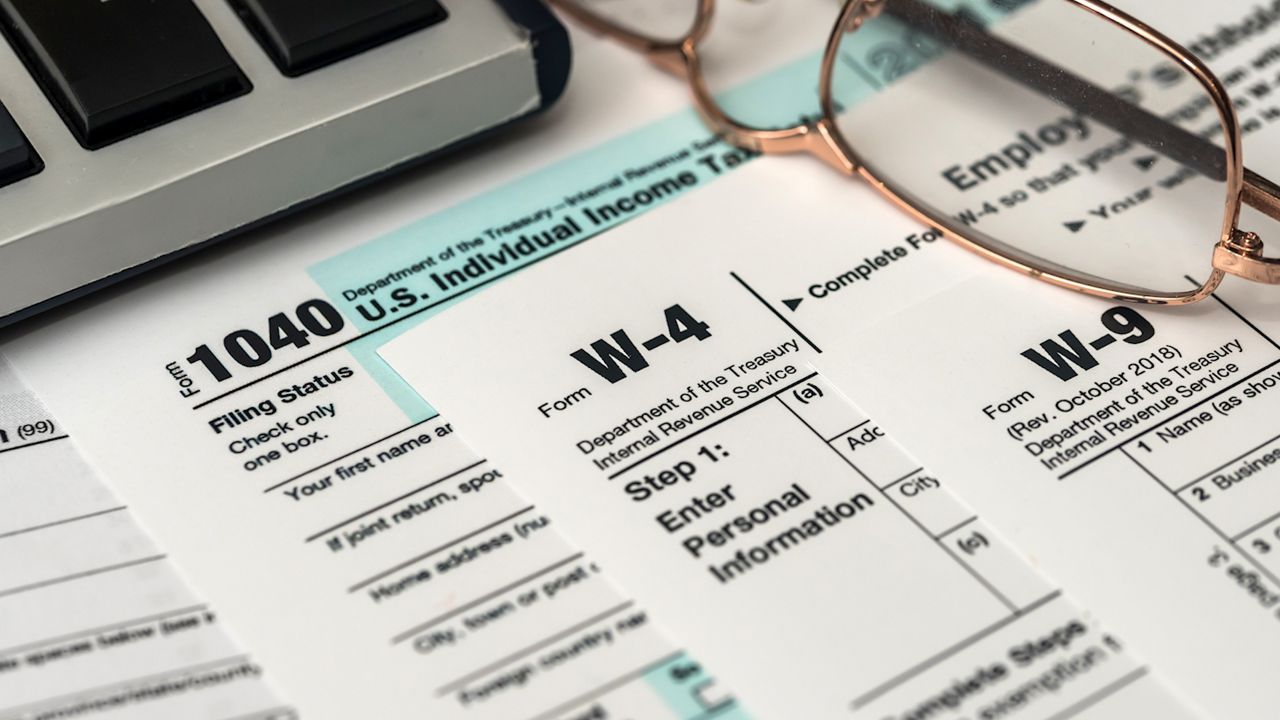IRS Employment Tax Audit Initiative
The Government announced a 3-year nationwide employment tax audit initiative that started Feb 2010. Underneath the audit initiative, the government intends to audit 6,000 at random-selected taxpayers during the period of 3 years. Nearly all companies is going to be businesses even though the IRS will audit large companies too. The initiative comes from a ongoing research effort using the IRS known as the nation’s Research Program and is made to address a perceived shortfall within the assortment of employment taxes due mainly to misclassification of employees as independent contractors.
Most of the employment audits will concentrate on the classification issue but probably concentrate on additional areas for example fringe benefits including section 409A deferred compensation, executive compensation, backup withholdings, and Forms 1099. These audits will probably be time intensive and run concurrently by having an tax audit or lead to an tax audit when the auditor learns information which would warrant a closer inspection at certain tax products.
Some states can also be getting ready to conduct similar employment tax audits having a similar revenue-raising goal. America might find help during these efforts through information discussing contracts between your IRS and condition taxing agencies. States might also keep apprised of misclassification actions being filed against employers across the nation.
Positive Steps Employers Must Take
Employers should proactively identify and proper any errors or discrepancies in employment tax related areas to reduce any federal or condition tax contact with penalties. Accordingly, employers should review their:
• Current classification practices of employees versus. independent contractors
• Current payroll tax practices
• Fringe benefit reporting
• Expense reimbursement policies and
• Executive compensation.
Remarks on Worker Classification
A staff might be considered either an worker or being an independent contractor. Both classifications have significant tax and labor law implications. Companies have greater tax withholding obligations and employment tax liabilities for workers compared to independent contractors.


 Explore Riise trading app by Motilal Oswal: Your gateway to a seamless trading experience
Explore Riise trading app by Motilal Oswal: Your gateway to a seamless trading experience  Indian Investors: What Happens to Your US Stocks After You Die?
Indian Investors: What Happens to Your US Stocks After You Die?  What are the business applications of blockchain beyond digital currency?
What are the business applications of blockchain beyond digital currency?  Clinical Trial Outsourcing Trends: A Waud Capital Partner’s Perspective on Market Opportunity
Clinical Trial Outsourcing Trends: A Waud Capital Partner’s Perspective on Market Opportunity  Tips for planning a beautiful wedding on a budget with a loan
Tips for planning a beautiful wedding on a budget with a loan  Do the Wifi profits reviews reveal daily earning patterns?
Do the Wifi profits reviews reveal daily earning patterns?  A Clear Choice: Enhancing Your Property with Quality Doors and Windows in Calgary
A Clear Choice: Enhancing Your Property with Quality Doors and Windows in Calgary  Best Advance Payday Loan Options for Quick Cash in Nevada
Best Advance Payday Loan Options for Quick Cash in Nevada 